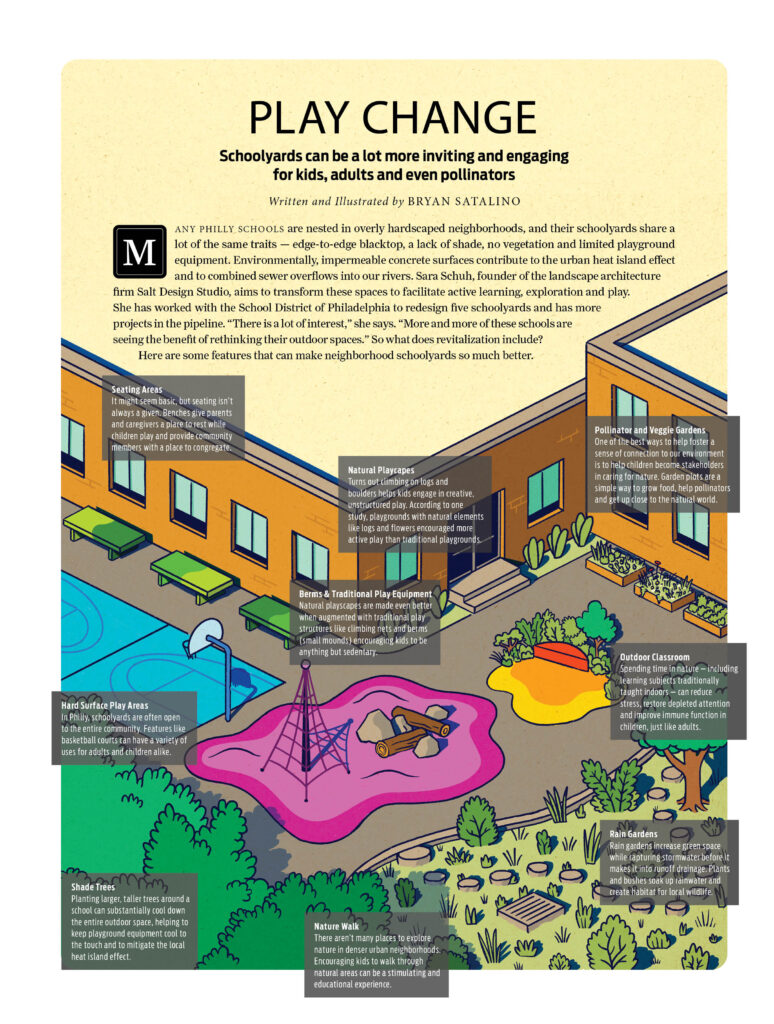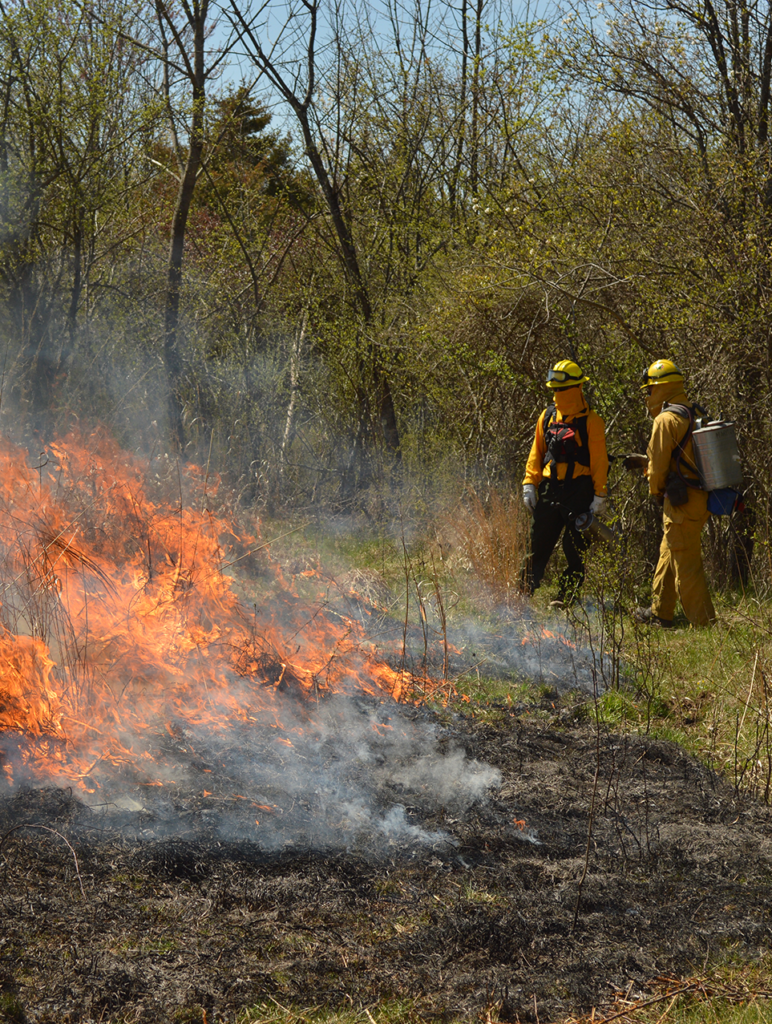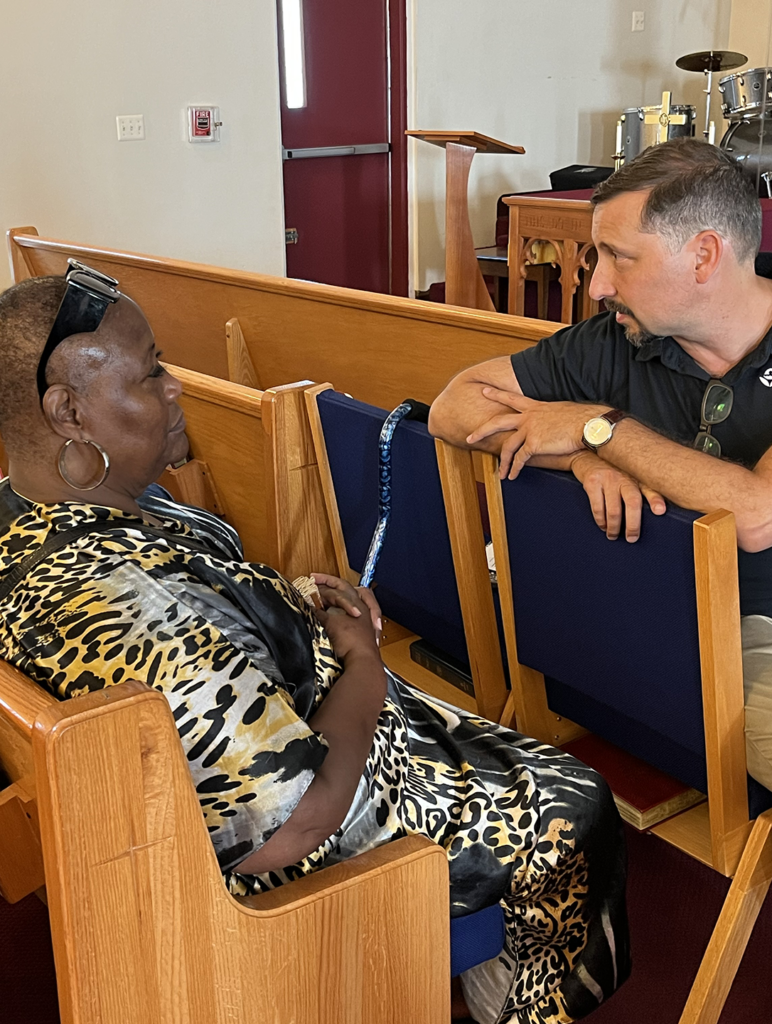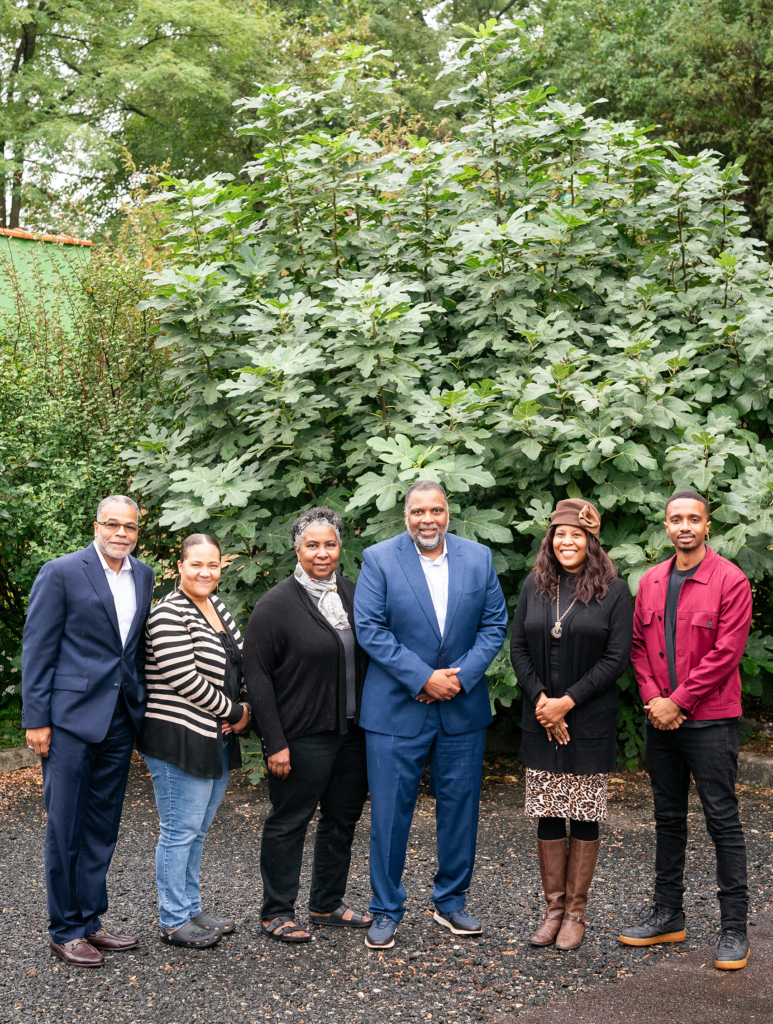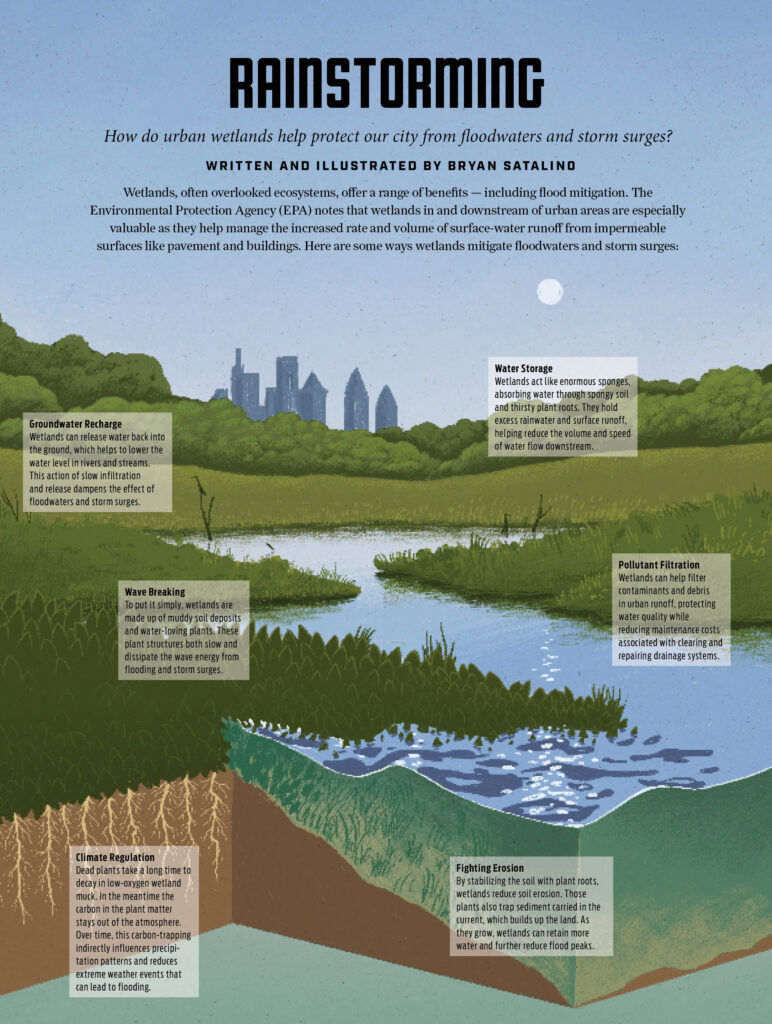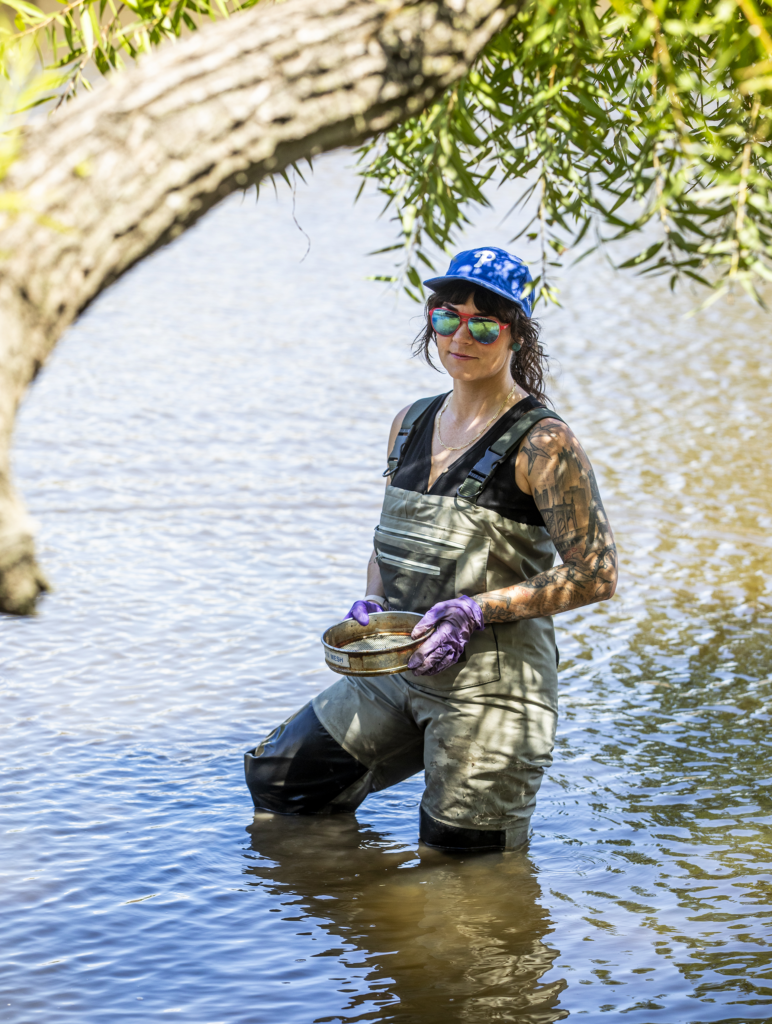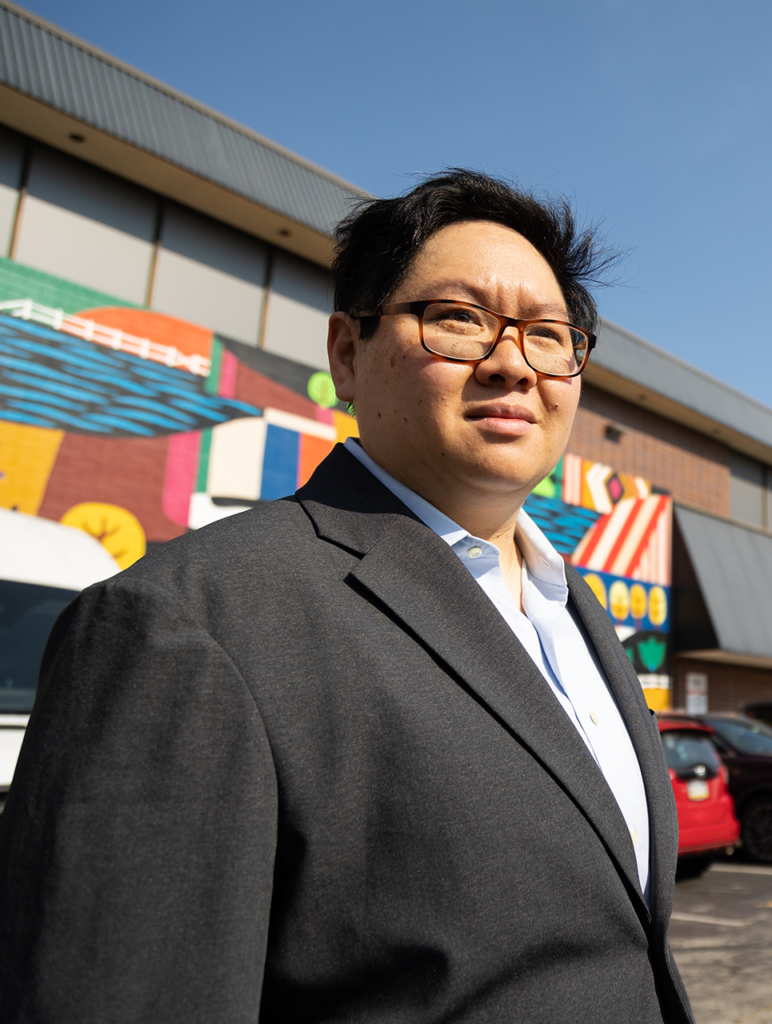When Grid was planning a home electrification guide for the January 2025 issue, the universe threw us a curveball. Donald Trump’s reelection cast doubt on the longevity of federal financial incentives for homeowners across the country to purchase solar panels, electric stoves, heat pump HVAC units and other climate-friendly technologies. So our guide, which walks
MoreLast summer, someone set fire to one of the Whitby Meadows in Cobbs Creek Park. The blaze didn’t damage property or injure anyone, and it didn’t cause any permanent damage. I disapprove of arson or carelessly-set fires, but in this case, I found myself wishing our parks would burn more often. Done safely, our park
MoreAt the Overbrook Environmental Education Center (OEEC), we know how hard it is to run an equity-centered community-based organization. In 2019, the acre of land on Lancaster Ave that the OEEC acquired to make into a green oasis was analyzed for volatile organic compounds (VOCs), pesticides, polychlorinated biphenyls (PCBs), metals and more. We knew the
MoreFor years, the residents of Edmonston, Maryland, had needed help. Situated just outside Washington, D.C., the town of about 1,500 people, primarily Hispanic and Black, had flooded for four years in a row in the late 2000s. The issue wasn’t overflow from the Anacostia River that bisects the municipality, but rather its outdated and ineffective
MoreRunning a grassroots environmental justice organization can be difficult, but you don’t have to do it alone. Here are ten resources for groups looking to build their efforts and connect with wider networks. The Bullard Center for Environmental and Climate Justice at Texas Southern University offers training for students and community leaders, conducts community-based participatory
MoreAs a child, Jerome Shabazz saw his father transform a vacant lot into a neighborhood garden that produced enough fresh fruit and vegetables to feed their whole North Philadelphia block. “It was just incredible,” says Shabazz, now the executive director of Overbrook Environmental Education Center, located at 6134 Lancaster Avenue in West Philly. Through his
MoreImagine walking on an abandoned pier in Philadelphia and entering a lush park surrounded by a mosaic of wetlands. An elegant heron jabs downward with its long, sharp beak, and you peer into the clear water to see what it’s after. Schools of fish swim over mussels amid waving green plants. This is the concept
MoreIt doesn’t take 40 days and 40 nights of rain to flood your basement in Germantown, or — if you live in Manayunk on Venice Island — the first floor of your apartment building. In parts of Camden you might not need any rain at all, just a high tide on a full moon. Global
MoreWhen was the last time you got lost in Home Depot, or cursed the amount of time it took to walk from one side of Walmart to the other as you checked off the items on your shopping list? The term “big box” captures their shape, but possibly understates their scale. A Walmart Supercenter and
More

